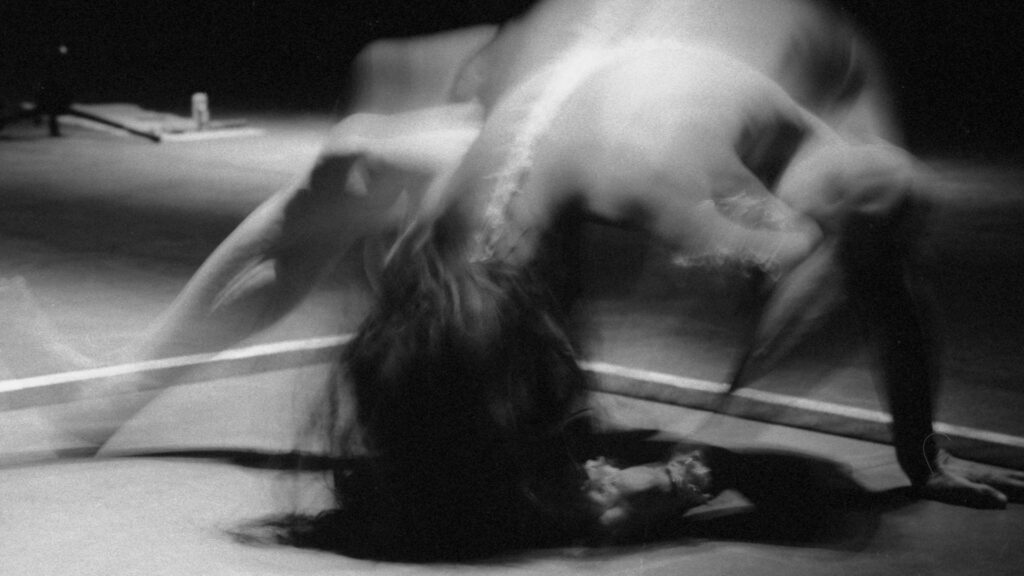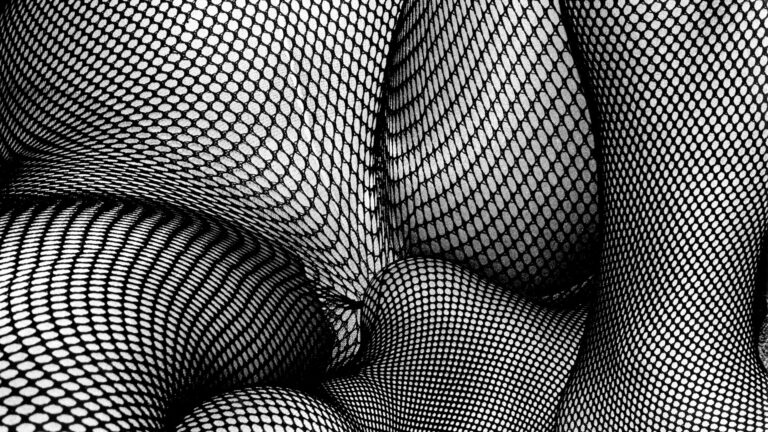talk + performanceThe heretical body. Butō dance from birth to todayQuantum Activism
Carlo Scarpa hall and Museum spaces
entrance € 5
curated by Maria Pia D’Orazi
– for young people aged between 18 and 25 (not yet turned 25);
– for groups of 15 people or more;
– La Galleria Nazionale, Museo Ebraico di Roma ticket holders;
– upon presentation of ID card or badge: Accademia Costume & Moda, Accademia Fotografica, Biblioteche di Roma, Centro Sperimentale di Cinematografia, Enel (for badge holder and accompanying person), FAI Fondo Ambiente Italiano, Feltrinelli, Gruppo FS, IN/ARCH Istituto Nazionale di Architettura, Sapienza Università di Roma, LAZIOcrea, Palazzo delle Esposizioni, Amici di Palazzo Strozzi, Accademia Nazionale di Santa Cecilia, Scuola Internazionale di Comics, Teatro Olimpico, Teatro dell’Opera di Roma, Teatro di Roma, Università degli Studi di Roma Tor Vergata, Youthcard;
valid for one year from the date of purchase
– minors under 18 years of age;
– myMAXXI cardholders;
– on your birthday presenting an identity document;
– upon presentation of EU Disability Card holders and or accompanying letter from hosting association/institution for: people with disabilities and accompanying person, people on the autistic spectrum and accompanying person, deaf people, people with cognitive disabilities and complex communication needs and their caregivers, people with serious illnesses and their caregivers, guests of first aid and anti-violence centres and accompanying operators, residents of therapeutic communities and accompanying operators;
– MiC employees;
– journalists who can prove their business activity;
– European Union tour guides and tour guides, licensed (ref. Circular n.20/2016 DG-Museums);
– 1 teacher for every 10 students;
– AMACI members;
– CIMAM International Committee for Museums and Collections of Modern Art members;
– ICOM members;
– from Tuesday to Friday (excluding holidays) European Union students and university researchers in art history and architecture, public fine arts academies (AFAM registered) students and Temple University Rome Campus students;
– IED Istituto Europeo di Design professors, NABA Nuova Accademia di Belle Arti professors, RUFA Rome University of Fine Arts professors;
– upon presentation of ID card or badge: Collezione Peggy Guggenheim a Venezia, Castello di Rivoli Museo d’Arte Contemporanea, Sotheby’s Preferred, MEP – Maison Européenne de la Photographie;
MAXXI’s Collection of Art and Architecture represents the founding element of the museum and defines its identity. Since October 2015, it has been on display with different arrangements of works.

Carlo Scarpa hall and Museum spaces
entrance € 5
curated by Maria Pia D’Orazi
22 Jul 2025 09.00 pm
summer at MAXXI • cinemaIl campioneby Leonardo D’Agostini
23 Jul 2025 09.00 pm
summer at MAXXI • talkCampioni: Pierluigi Collina
24 Sep 2025 05.00 pm
MAXXIperTUTTIIl Museo si raccontaguided tours in LIS
25 Sep 2025 07.00 pm
Le ConversazioniRoberto Andòwith Antonio Monda
26 Sep 2025 07.00 pm
musicThe Scoop Jazz Band Noi e lo stadio

The first Japanese dancers who arrived in Europe shocked audiences with a physicality that did not correspond to any known genre.
In the 1970s, butō developed into a real genre and companies and solo dancers started to spread. Tatsumi Hijikata’s work aims at group choreography by developing a method that uses words to ‘make images physical’. Once it reached Europe, the seduction of butō turned into curiosity and fuelled a demand for teaching that produced stable and long-lasting experiences, mainly in France, Italy and Germany.
On the occasion of the exhibition TOKYO REVISITED, by Daido Moriyama with Shomei Tomatsu, MAXXI presents Il corpo eretico, three appointments designed to recount the transformations of butō dance from its origins to the present day. These are accompanied by live performances by Japanese and Italian dancers in the museum spaces.
The cycle starts in the 1960s, when a community of artists literally took to the streets inventing new languages destined to change the official narrative of the country and leave a lasting trace. Tokyo becomes both a performance space and the disturbing double of an unstoppable human mutation. Physicality is the trait that unites the experiments of the avant-garde and revolutionises all representative codes, in a climate of exchange and collaboration between dance, photography, cinema, painting, design and literature. It is a dense, anarchic, erotic corporality, disobedient to all rules, and is nourished by the radical explorations of Tatsumi Hijikata, the founder of butō dance.
speaker
Maria Pia D’Orazi journalist and theatre historian
performance
Across by and with Flavio Arcangeli, Melissa Lohman
World’s End Underground by and with Kentaro Kujirai, Makoto Sadakata, Izumi Noguchi (Corvus Company)
individual seats reserved for myMAXXI cardholders by writing to mymaxxi@fondazionemaxxi.it, by the day before the event